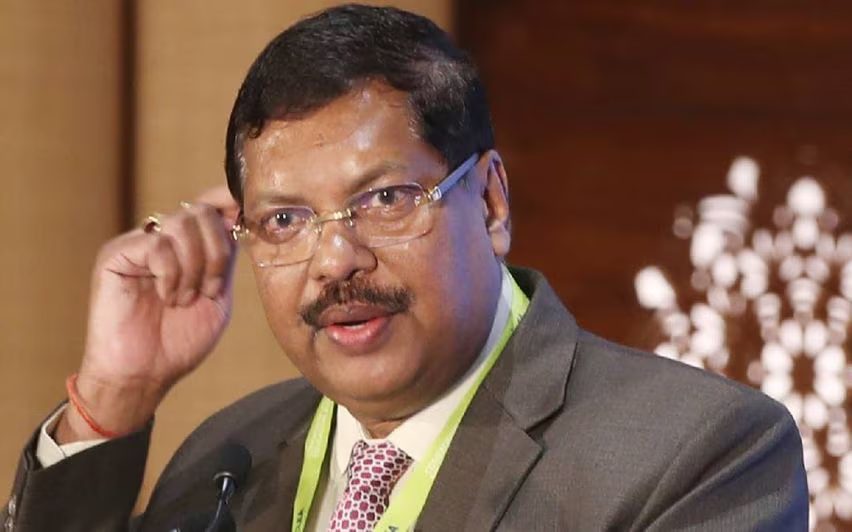
Supreme Court Delegation Headed by Justice B.R. Gavai Visits Manipur to Step Up Relief and Legal Aid
A six-judge Supreme Court delegation headed by Justice B.R. Gavai visited Manipur in March 2025 to evaluate and reinforce relief and legal aid to the people caught up in decades of ethnic conflict. The historic visit reflected the judiciary’s dedication to ensuring justice and delivering humanitarian relief during emergencies.
History of the Manipur Crisis
Manipur has been experiencing ethnic clashes since May 3, 2023, after a rally by the All Tribal Students Union of Manipur (ATSUM). The clashes majorly include the Meitei community and the tribal Kuki-Zo communities, resulting in mass unrest, fatalities, and displacement of thousands. Up to November 2024, at least 258 individuals had lost their lives, more than a thousand were injured, and more than 60,000 displaced, taking refuge in relief camps throughout the state. The situation was so severe that the central government sent paramilitary forces to restore order and, ultimately, declared President’s Rule in February 2025.
For More Updates & Regular Notes Join Our Whats App Group (https://chat.whatsapp.com/DkucckgAEJbCtXwXr2yIt0) and Telegram Group ( https://t.me/legalmaestroeducators )
For More Updates & Regular Notes Join Our Whats App Group (https://chat.whatsapp.com/DkucckgAEJbCtXwXr2yIt0) and Telegram Group ( https://t.me/legalmaestroeducators ) contact@legalmaestros.com.
Composition and Objectives of the Supreme Court Delegation
- The team included Justices B.R. Gavai, Surya Kant, Vikram Nath, M.M. Sundresh, K.V. Viswanathan, and N. Kotishwar. The main mission was to review the situation in relief camps, interact with internally displaced people (IDPs), and monitor the progress of legal and humanitarian assistance programs. Justice Gavai, being the Executive Chairman of the National Legal Services Authority (NALSA), stressed the judiciary’s role in facilitating access to justice and basic services to all citizens, especially the victims of violence. ### Key Activities Undertaken During the Visit
- In their visit on 22 March 2025, the Supreme Court team participated in a number of important activities intended to reduce the suffering of displaced persons and strengthening legal support frameworks.
- Justice Gavai remotely opened legal services camps and medical camps in all districts of Manipur. The activities were focused on delivering free legal aid and medical facilities to IDPs, tackling urgent health issues and improving access to justice. New legal aid camps were opened in Imphal East, Imphal West, and Ukhrul districts to provide continuous assistance. The delegation coordinated the delivery of vital supplies to camp dwellers. These comprised food items, apparel, and other essentials for making living conditions within the camps better.
- Legal services camps were also arranged for facilitating access by IDPs to different government welfare schemes. This comprised support in terms of healthcare services, pensions, employment programs, and restoration of essential identity documents destroyed in the war. Every participating state department provided significant schemes specific to meeting the displaced persons’ needs. A group of 25 specialist doctors from Chennai organized medical camps in all relief camps. Their services were extended for six more days, providing continued medical care, treatment, and access to vital medicines to displaced families.
Observations and Statements by Justice Gavai
- Justice Gavai was hopeful about the chances of restoring peace and normalcy in Manipur.
- He noted that the affected individuals in relief camps were in a “good mood” and expressed a strong desire to return to their normal lives.
- Talking about the visit, he said, “The relief camp people are in good spirits, and they all desire to go back to normalcy and peace. I met with both the groups, and I am very hopeful that a solution will emerge very soon.”
- He also reiterated the judiciary’s role in standing in favor of the displaced people, saying, “For the principle of justice and also access to health care is important. I along with the team assure you that we stand with you. It’s our responsibility to work together for the society. The whole nation will come together so that this problem will be sorted.” ### Significance and Impact of the Visit The Supreme Court delegation visit brought to the fore the judiciary’s active approach to coping with humanitarian emergencies and ensuring that vulnerable communities are given the necessary legal and medical assistance. Through direct intervention among IDPs and monitoring relief operations, the delegation sought to connect legal entitlements with access, so that each displaced individual gets the assistance, protection, and resources required to restart their lives with dignity.
- This initiative also emphasized the value of cooperation among different branches of government and civil society in resolving complex humanitarian dilemmas. The participation of the judiciary supplemented efforts by the legislative and executive branches, as well as non-governmental organizations, to deliver holistic assistance to the affected groups.
Challenges and the Path Forward
Though there were positive developments while the delegation was in Manipur, much work remains to be accomplished in restoring permanent peace and normalcy to the state. The long-seated ethnic tensions between the Meitei and the Kuki communities call for continued dialogue, understanding, and fair solutions that reflect the interests of all stakeholders.
The role of the judiciary in providing legal assistance and enforcing the rule of law is also pivotal in such cases. Ensuring access to justice for all, regardless of community affiliations, may assist in building trust and reconciliation. Continuous situational awareness and adaptive measures must also be employed to address changing challenges on the ground.



